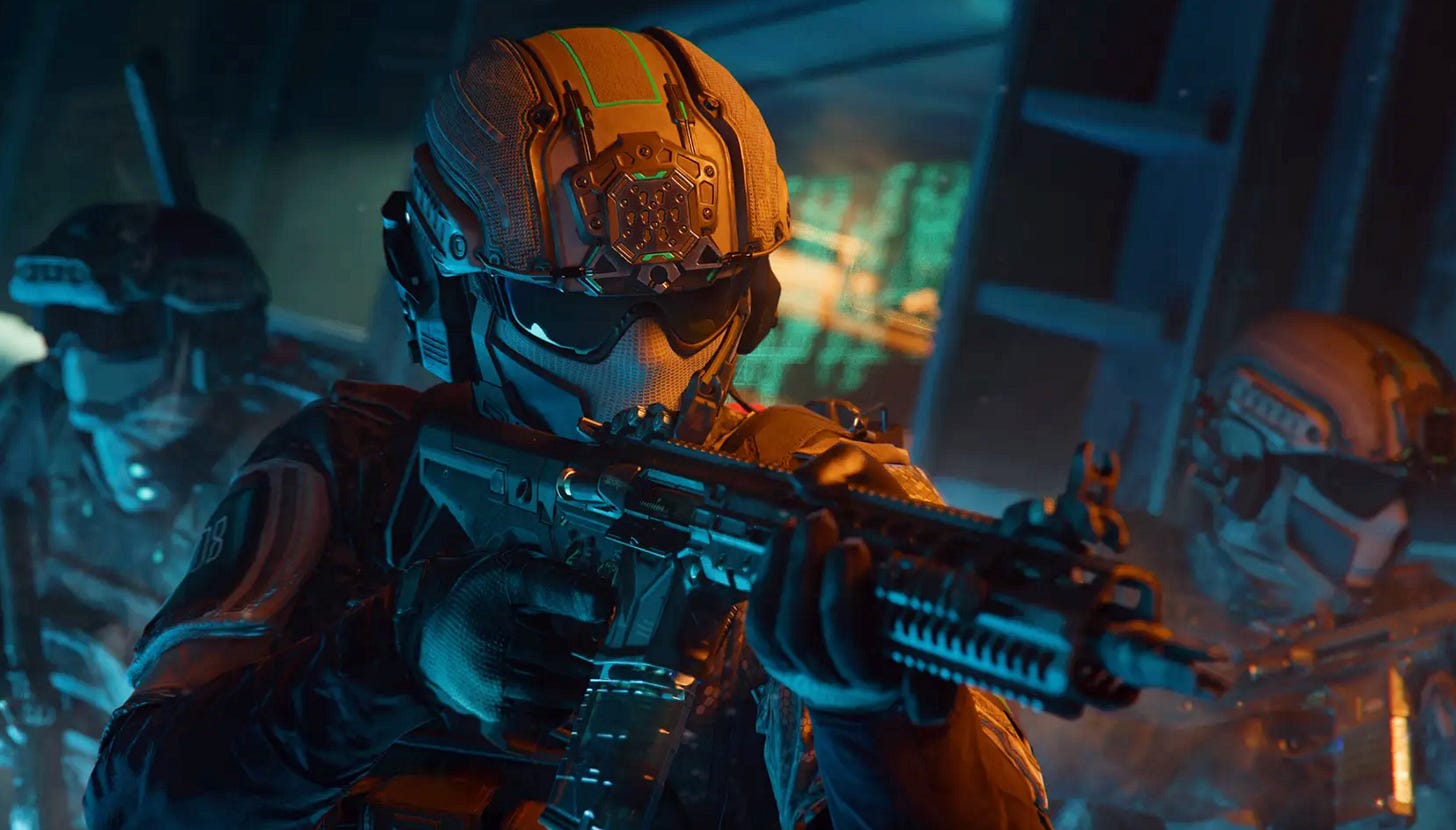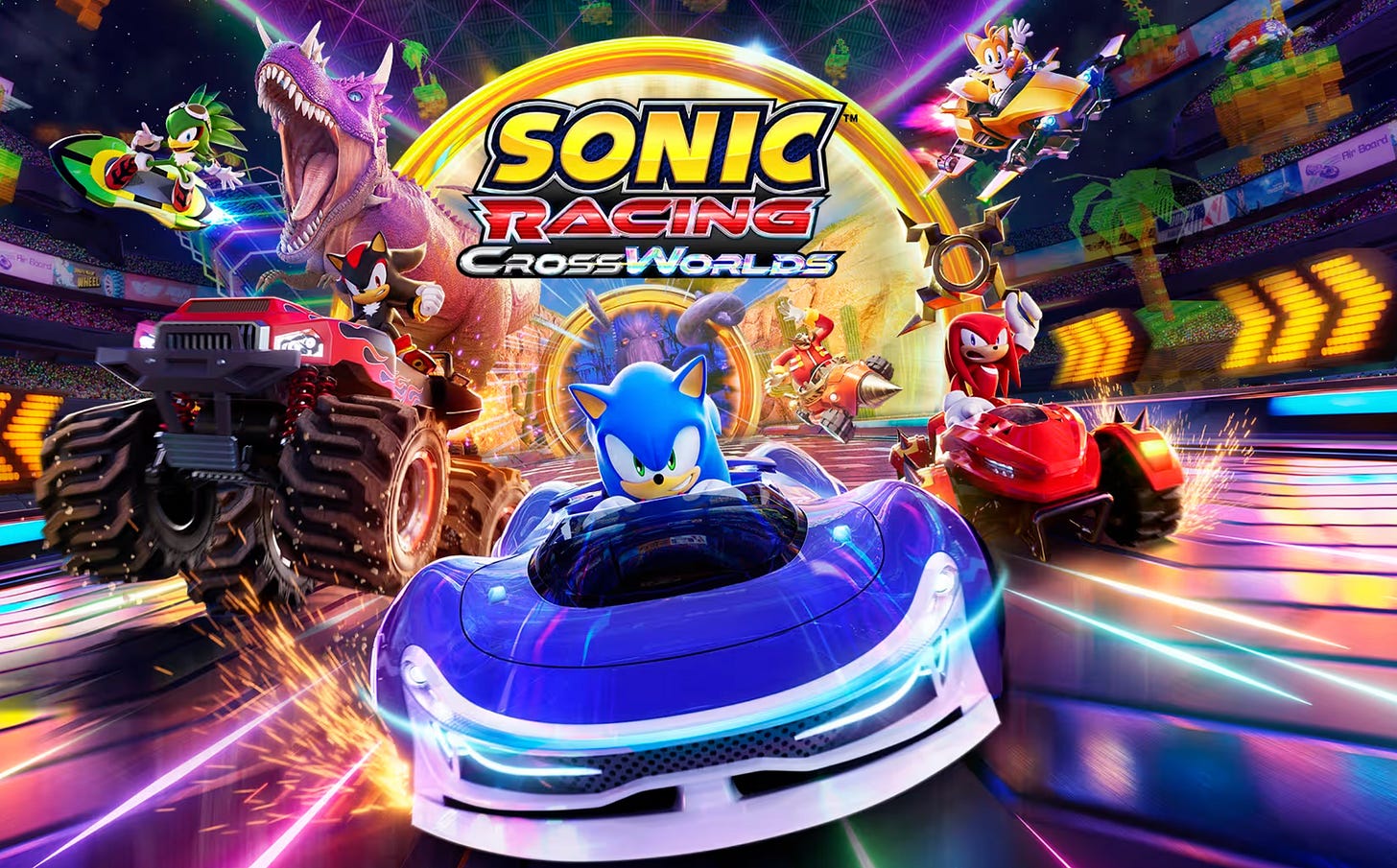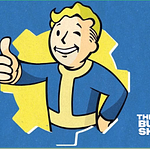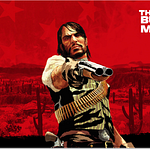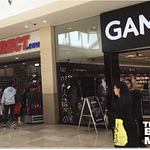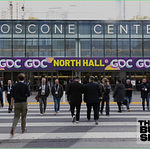Listen now on Apple, Spotify or YouTube
In This Edition
- The state of China’s games market
- FTC kicks Xbox while it’s down
- European game charts
Hello! And welcome to another edition of The Game Business Newsletter and Show.
This week we have two guest hosts: Lisa Cosmas Hanson (President and CEO of Niko Partners) and Daniel Ahmad (director of research and insights at Niko Partners), who both share an abundance of data and insights into what is really going on in the Chinese video game market.
We also chat about what former FTC Chair Lina Khan had to say about Xbox, the layoffs at Funcom, and Ubisoft’s new Saudi Arabian-backed Assassin’s Creed DLC.
As usual, you can watch the whole thing above. And/or check out my views, plus key facts from the Show, below.
Enjoy!
Former FTC Chair Lina Khan is wrong. Microsoft cares about games
(which might be the problem)
The former chair of the FTC, Lina Khan, is in the gaming news this week.
If you’ve forgotten what the FTC is, it’s the US regulator that did a poor job of trying to block Microsoft’s bid to buy Activision Blizzard. Whereas the UK and EU regulators made cases that forced some concessions out of Microsoft, the FTC achieved nothing.
Unlike their European counterparts, the FTC fixated a bit on the threat of Call of Duty becoming an Xbox exclusive (although, in the spirit of fairness, they did touch upon things like subscriptions and streaming, too). Not only was this not a threat, but in the time since the deal closed, Xbox has started releasing most of its games on PlayStation formats. You’d think the FTC might be keeping their heads low after that.
But no, here comes former Chair Lina Khan spotting an opportunity to say ‘I told you so’ after Microsoft raised prices on Xbox Game Pass Ultimate last week.
Here’s what she typed on X: “Microsoft’s acquisition of Activision has been followed by significant price hikes and layoffs, harming both gamers and developers. As we’ve seen across sectors, increasing market consolidation and increasing prices often go hand-in-hand.
“As dominant firms become too-big-to-care, they can make things worse for their customers without having to worry about the consequences.”
I am not going to pretend I’m a fan of consolidation. Quite the opposite. But Khan’s comments highlight a continued misunderstanding of the video game business.
It certainly has been a tough year for Xbox headlines. The media has smelled blood when it comes to Microsoft’s gaming division, and for good cause. There’s been two rounds of Xbox console price rises, multiple rounds of layoffs, studio closures, game cancellations, a new handheld that costs up to $999, and now a significant increase in price for its top tier subscription service. It’s no wonder we’re getting untrue rumours about Xbox backing out of the console space entirely.
It’s easy to wave your hand and say this is because of the Activision Blizzard acquisition. But we know there is a lot more to it. We know the increase in software and subscription pricing (across the industry) is the result of slow growth and rising development costs. We know hardware price rises are due to global political and economic challenges (inflation, tariffs etc). We know some of those project cancellations were due to problems with those specific projects (I met with some of the old Everwild team a few weeks ago, who told me “I’m surprised it wasn’t cancelled sooner.”)
Having said all that, I do believe Activision Blizzard has played a role in what’s going on at Xbox. And not because, to quote Kahn, Microsoft has become “too-big-to-care”. But because now it really does care, more than ever.
The moment Microsoft spent $70 billion on its video game division was the moment that division jumped up the pecking order of importance at the company. CFO Amy Hood will be putting an abundance of pressure on Phil Spencer and his team to deliver on the promise of that acquisition, something they’re having to do while navigating a market downturn, tariffs and shifting player behaviours.
If the Activision Blizzard deal didn’t happen, would Microsoft be looking as closely at Xbox as it is now? Would it have swallowed those increased hardware costs? Would Game Pass price rises have happened more gradually? Would Perfect Dark have come out? It’s hard to say. Possibly.
But what Khan has spotted is an opportunity to rewrite her failure in the eyes of the public. If you’re an Xbox gamer, since the Activision deal closed, you’ve had continued price rises, popular games getting cancelled, and all those fancy exclusives coming out on rival formats (which fans seem to care more about than they probably should).
There appears to be a correlation. And it’s certainly not a good look. But make no mistake, this isn’t about Microsoft no longer caring about the video game market. In fact, quite the opposite.
What’s going on with the Chinese games market?
On this week’s edition of The Game Business Show, we invited Niko Partners’ Daniel Ahmad and Lisa Cosmas Hanson on to discuss the latest data and trends in the Chinese video game market.
“Some companies continue to be afraid of the Chinese market,” Hanson said on the Show. “Or thinking that they can’t succeed there.”
She added: “It’s hard to really wrap one’s head around the size and scope of the Chinese market. And the fact that it is such a huge percentage of the global revenue, even though so many Western companies feel locked out, this is still a massive market that if you can get in in some way, it’s bound to be beneficial to one’s business.”
You can watch the whole conversation above, but if you’re too busy for all of that, here are some of the key facts from Niko Partners that most grabbed my attention:
There were 722 million gamers in China by the end of 2024, more than twice the population of the United States.
The Chinese video game market was worth $49.2 billion in 2024, up 3.6% year-on-year. That’s expected to rise to $50.7 billion in 2025, and reach $54.8 billion by 2029.
The annual average revenue per user in China hit $68 in 2024 and is set to reach $73 in 2029.
China has already approved 1,275 games for release in the country this year, which is 23% up year-on-year.
Nintendo Switch 2 has got off to a strong start from grey imports, building on the first Switch (which is the most popular console in China). The new platform isn’t available officially in China yet, but can be imported from places like Hong Kong.
The console sector only accounts for about 3% of the Chinese market, but as Daniel Ahmad said: “When you’re talking about a $50bn market, that is still notable.” China is still a Top Ten country for game consoles.
Social network experiences (or minigames) on places like WeChat and Douyin is growing fast, and already accounts for 10% of player spending in China. This isn’t just casual experiences, either, with Tencent testing Honor of Kings for this environment. “It’s moving away from games like Words with Friends,” Ahmad said.
The key to reaching gamers in China is to properly localize your title, while a popular marketing channel is through short video platforms. 41% of gamers in China get their game information from places like Douyin (TikTok) and Kuaishou.
In terms of viewership, PUBG has consistently been the top unlicensed title in China, followed by Apex Legends.
Big launches in the last year in China include Monster Hunter Wilds, Path of Exile 2 and Elden Ring Nightreign.
11 of the Top 20 most-viewed games in China are from international developers.
The development industry within China is growing, with 30 Government policies introduced this year to help stimulate growth.
The number of Chinese companies exhibiting at Tokyo Game Show this year more than tripled since 2022.
Do check out the full conversation above, which also includes the risks and challenges facing game companies launching into China, plus the impact of Black Myth: Wukong on the Chinese dev scene.
EA Sports FC 26, Silent Hill F and Sonic Racing CrossWorlds top European charts
EA Sports FC 26 is No.1 for a second consecutive week across Europe (digital + physical), with sales down just 14% over the week before.
This is because of a staggered launch for EA’s hit football game, which saw the Ultimate Edition launch a week ahead of the Standard Edition. This is why the second week revenue drop is a heavier 35%.
It’s tough to make accurate comparisons for EA Sports FC 26 as a result of this launch strategy. After two weeks, The Game Business estimates that sales are down over 20% across Europe year-on-year. We should expect that gap to tighten after week three (data is available tomorrow).
Behind EA Sports FC 26 is Konami’s new horror game Silent Hill F. The latest entry in the franchise was well reviewed, but its opening week is roughly a third lower than what last year’s Silent Hill 2 remake achieved (based on our estimates).
The final new game in the Top 20 is at No.3 and it is Sonic Racing CrossWorlds from Sega. It’s not an especially big launch for the kart racer, which managed launch sales lower than last year’s Sonic X Shadows Generations. However, Sonic games typically sell well over time, and can perform strongly around Black Friday and through to Christmas.
European Top Ten Unit Sales (week ending September 28)
1. EA Sports FC 26 (-14%)
2. Silent Hill F (New)
3. Sonic Racing Crossworlds (New)
4. Borderlands 4 (-60%)
5. Grand Theft Auto 5 (-16%)
6. NBA 2K26 (-20%)
7. Assassin’s Creed Shadows (+46%)
8. Hogwarts Legacy (-31%)
9. Dragon Ball Z: Kakarot (+889%)
10. Mario Kart World (+4%)*
European Top Ten Revenue (week ending September 28)
1. EA Sports FC 26 (-35%)
2. Silent Hill F (New)
3. Sonic Racing Crossworlds (New)
4. Borderlands 4 (-60%)
5. NBA 2K26 (-25%)
6. Mario Kart World (+3%)*
7. Assassin’s Creed Shadows (+45%)
8. Grand Theft Auto 5 (-6%)
9. Metal Gear Solid Delta: Snake Eater (-5%)
10. Mafia: The Old Country (+4%)
*Digital data unavailable
For more on the GSD data and how to acquire the information yourself. Head to gamesalesdata.com
Meanwhile…
Global trade bodies have released a huge report where they spoke to over 24,000 active gamers over the age of 16 from 21 countries. The 2025 Global Power of Play report revealed that 48% of gamers globally are women and the average age is 41.
Circana has released its August data for the US market. The firm revealed that Nintendo Switch 2 has sold 2.4 million units in three months in the US, ahead of the previous fastest-selling games console: the PS4, which managed 2.2 million over a similar timeframe.
Funcom has made an unspecified number of layoffs, which includes the closure of The Outsiders, the developer behind Metal Hellslinger. Funcom is focusing its efforts on supporting its live service game Dune Awakening, which launched in June. The game sold one million copies in 18 days.
The smash hit RPG Clair Obscur: Expedition 33 has now sold five million copies in five months. This doesn’t include players who have only accessed the title via Xbox Game Pass.
Ubisoft has officially revealed its Saudi Arabia-based expansion to Assassin’s Creed Mirage, called Valley of Memory. It is a free expansion set in the ancient Saudi Arabian city of AlUla, and will contain around six hours of content. Although not confirmed by Ubisoft, this expansion follows a partnership between Ubisoft and Savvy Games, the games division of Saud Arabia’s Public Investment Fund.
Sticking with Assassin’s Creed, Stephen Totilo, he of the highly recommended Game File, reports that Ubisoft has cancelled an Assassin’s Creed game set during the US Civil War. This is due to concerns over the current political climate in the United States. The game would have seen players take control of a former Black slave who must contend with the likes of the Klu Klux Klan.
Sega has signed a new multi-year licensing deal with the International Olympic Committee (IOC) for… a range of merchandise featuring Sonic. The two organisations previously had a partnership over the creation of video games, including a popular series of Mario & Sonic Olympic-based sports titles, which concluded in 2020.
23 companies were crowned the best places to work in the UK last week by GamesIndustry.biz. The winners were Diva, Fireshine Games, ForthStar, ICO Partners, Indigo Pearl, Mastered, MLC Studio, Nosebleed Interactive, Sweet Justice Sound, Swipe Right PR, Tanglewood Games, Uplift Games, Behaviour Interactive, Dovetail Games, Expression Games, Lighthouse Games, Maverick Games, NaturalMotion Games, Playstack, Rocksteady, Studio Gobo, Wushu Studios and Playground Games.
The Sustainable Games Alliance (a non-profit group of game companies and educators) has launched the Sustainable Games Standard. The SGS is a free framework that will enable game businesses to track emissions, benchmark performance across games and companies, identify improvements and comply with new EU regulations.
That’s it for today. We’ll be back Monday with our next edition of The Game Business Micro (paid subscribers only). Meanwhile, if you want to hear us live in London, we’ll be speaking to Peter Moore about his career at MCM Comic-Con. Industry folks can get free passes here. Thank you for reading!




